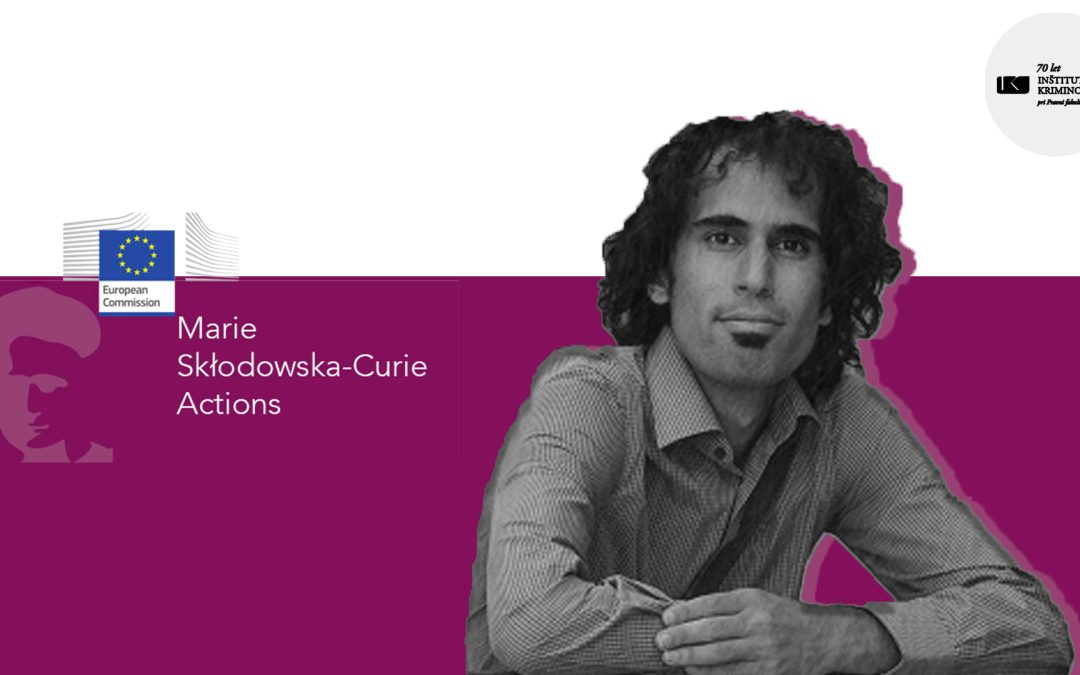We are pleased to announce that Dr. Lior Volinz’s Marie Skłodowska-Curie post-doctoral project was funded by a generous ERA (European Research Area) Fellowship and begins in September 2024 under the supervision of Prof. Aleš Završnik. Dr. Lior Volinz is an expert on surveillance and security studies who defended his PhD at the University of Amsterdam, worked as a post-doctoral researcher at the Vrije Universiteit Brussel, and concluded his Master’s degree at the University of Ljubljana.
His new project, SURVEILWEL – ‘Digital Seams in the Social Safety net’ addresses the issue of welfare surveillance. Automated data collection and algorithmic decision-making tools are increasingly integrated in social welfare policy, where they are primarily used to determine which citizens are deemed eligible for social support, which could be excluded, and which might be accused of fraud. Despite being overtly presented as a benign technical advancement, such welfare surveillance tools play a role in reshaping the structure of the social safety net. They can support the work processes of welfare institutions with improved efficiency, but can also reduce the human discretion of practitioners, integrate hidden biases into evaluation procedures, or cast a net of perpetual suspicion on citizens claiming a right to social assistance in their time of need. The SURVEILWEL project draws on a qualitative, multi-sited ethnographic fieldwork within welfare institutions in Slovenia, where the automation of welfare eligibility assessments and fraud detection is both prevalent and technologically advanced, to shed light on these previously unexplored technologies and practices. This project aims to map the work processes, institutions, and data streams involved in welfare eligibility tests and investigations of suspected fraud; to critically examine the unintended and differentiated consequences arising with the introduction of digital and automated welfare surveillance tools; and to evaluate how can digital welfare surveillance tools be reformed to produce better social and material welfare interventions. By producing tangible, applied knowledge on digital welfare surveillance, this project seeks to inform Slovenian and European welfare practitioners, policymakers and citizens on the merits and pitfalls of digital welfare surveillance, as they grapple with questions on the design, structure, inclusiveness and accountability of the future welfare state.





